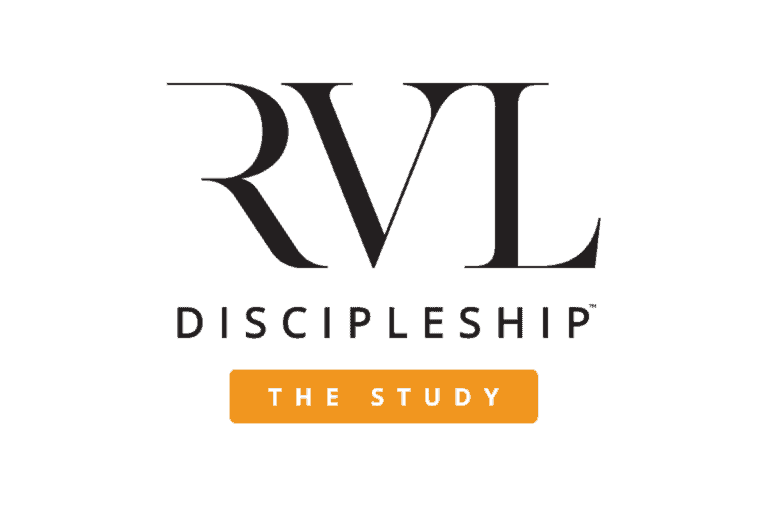The question, “How do I study the Bible?” is not just for new Christians. Anyone interested in studying the Bible will benefit from thinking about how to study it. In 2 Timothy 2:15, the Apostle Paul wrote, “Do your best to present yourself to God as one approved, a workman who does not need to be ashamed and who correctly handles the word of truth” (NIV). The Greek phrase translated “correctly handle” (orthotomeo) also means to “guide on a straight path.” As we study the Bible, it’s important we do our best to stay on the straight path when it comes to interpreting and understanding it.
But how can we go about that? How can we learn how to study the Bible? This article will introduce several approaches and methods helpful in general Bible study. Other articles in this series will specifically look at certain types of Bible study such as personal or devotional study, family Bible study and in-depth Bible study. So lets answer “How do I study the Bible?”
Studying and Interpreting the Bible
A key foundation of Bible study is interpretation. Technically known as hermeneutics, biblical interpretation offers some basic principles to help understand the Bible. The most important principle is context. This means that when studying the Bible one must keep in mind not only the immediate context of the portion under study, but also other forms of context such as the cultural context, the literary context and more. Usually, however, it’s enough to have a basic understanding of the immediate context of what is being studied. Reading what comes before the passage being studied, what comes after and what the Bible says as a whole about the topic being studied, are all key concepts to keep in mind. More often than not, errors or difficulties of interpretation when studying the Bible come about as a result of not having a proper understanding of context. Context is extremely important for leaning how to study the Bible.
Another important aspect of Bible interpretation is not to base an elaborate theological teaching on the basis of an apparently obscure or isolated passage. If a passage or teaching is important, there are often multiple instances throughout the Bible where the topic is discussed more clearly. In such cases, looking at many parallel passages to understand a topic better is more helpful than fixating on a more obscure or difficult passage, when the answer to the issue at hand can usually be resolved by turning to clearer passages.
How to Study the Bible Effectively
Also keep in mind the cultural context and genre of the passage being studied. Keep in mind that we are looking at biblical writings that are separated from our time by centuries – more than 1,950 years in the case of the New Testament and even longer in the case of the Old Testament. The Bible was also originally written in cultural contexts that are different from what we are used to. This, of course, does not mean that the Bible is not relevant to us, but when it comes to studying it and seeking to understand it, remember issues related to context.
Genre is also important. This has to do with what kind of passage we are studying in the Bible. For example, the Bible contains poetry, wise sayings, history, letters, prophetic writings, apocalyptic literature and more. Sometimes when studying the Bible, knowing what genre we are studying will help us. For instance, Proverbs contains many wise sayings intended as helpful, general advice, but this advice is not always absolutely binding in the same way that a promise of God would be.
The last bit of guidance regarding interpretation and Bible study has to do with interpreting the Bible literally or figuratively. This sometimes depends on context too. The Bible is full of rich language. Jesus, for instance, often used word pictures to help communicate his message such as when he would say things like, “I am the gate” (John 10:7-9 NIV). Jesus is obviously not a literal gate with a handle and hinges. This is a figurative passage meant to illustrate a point. Conversely, interpreting literal language figuratively can also be a problem because if we are not careful we could end up spiritualizing passages that are meant to be taken quite literally. understanding what the author and speaker are trying to actually convey is important for learning how to study the Bible.
Bring Your Bible to School!
Tips for Beginners
What, then, are some other tips for learning how to study the Bible? Reading the Bible slowly and carefully is preferable to reading it quickly and carelessly. In our fast-paced culture, we often want to try to get to a point of understanding as fast as possible. But the Bible is best read slowly, not quickly. Once a passage for study has been selected, read through it slowly. Being intentional and going slow is vital for learning how to study the Bible.
Another tip for studying the Bible involves asking some basic questions about the passage being studied. The typical journalistic questions may be helpful: Who? What? Where? When? Why? How? Try to determine the main subject of the passage being studied: who wrote it; who originally received it and in what context; is there a key verse that could sum up that passage being studied; what insights may hold a reference to God, Christ, human nature or behavior in general; or is there some aspect of the passage that is relevant on a practical level in your own life? The Bible is meant to instruct and impact us, so when you are studying the Bible bring it into your life and let it instruct, impact, and edify you!
How to Study the Bible: Tips for Growth
Keeping a journal often helps. This may be for devotional notes, theological questions and insights, questions you may have and more. It need not be an elaborate journal but a simple notebook where you can jot down insights you come across during your Bible study times. Being intentional about recording what you are learning will benefit you greatly when studying the Bible.
Studying the Bible alone is helpful for personal, devotional times, but make sure your Bible study can involve others too. Find out if your church offers small group Bible studies and look for one that interests you. Many times other people will have the same sorts of questions about the Bible that you will have. As a result, studying and discussing the Bible with other believers will help everyone grow in their faith. Learning how to study the Bible with others will allow you to discuss the Word of God with others, while also allowing you to see how others are studying the Bible.
Try not to jump around too much in your study times. Instead of reading brief, isolated verses from different books of the Bible, try to concentrate on longer passages and books. You may wish to select a broad theme or topic to study, too, such as God’s plan of redemption. In general, however, studying the Bible book by book is better than jumping around a lot from section to section. If your time is limited occasionally, but you would still like to study the Bible more carefully, try reading entire psalms or passages from Proverbs.
What’s the Point?
Studying the Bible can be a lifelong adventure. It contains both simple and practical insights, but also profound and moving insights that will help Christians of all kinds grow in their faith. Learning how to study the Bible is something every Christian should do. However, Bible study should never become just an academic task, though that has its place. Always keep in mind that the overarching point of studying the Bible is to know God better so that He may be glorified. Along the way, we’ll be edified, challenged and changed for the better. Learning to correctly handle “the word of truth” (2 Timothy 2:15 NIV) through Bible study can be enjoyable and rewarding.





















